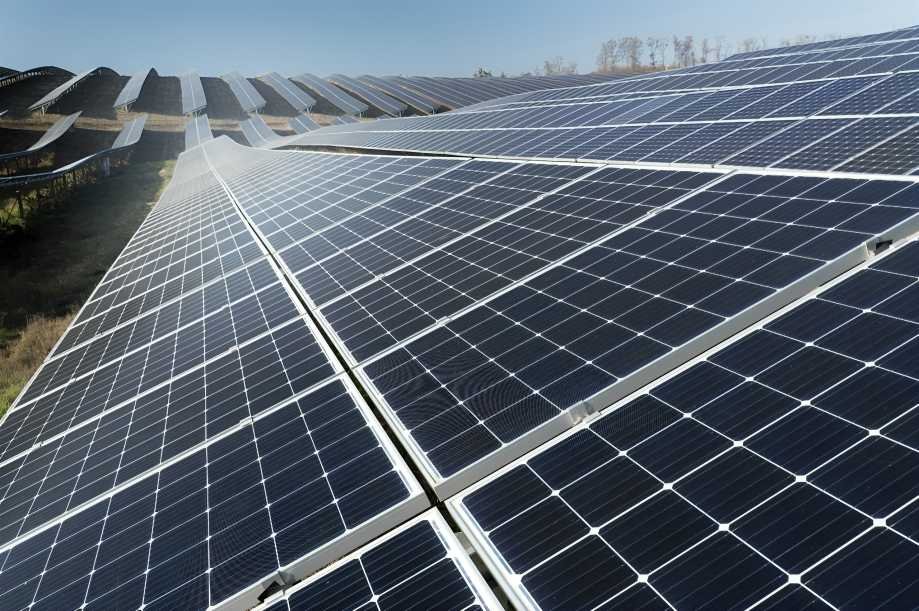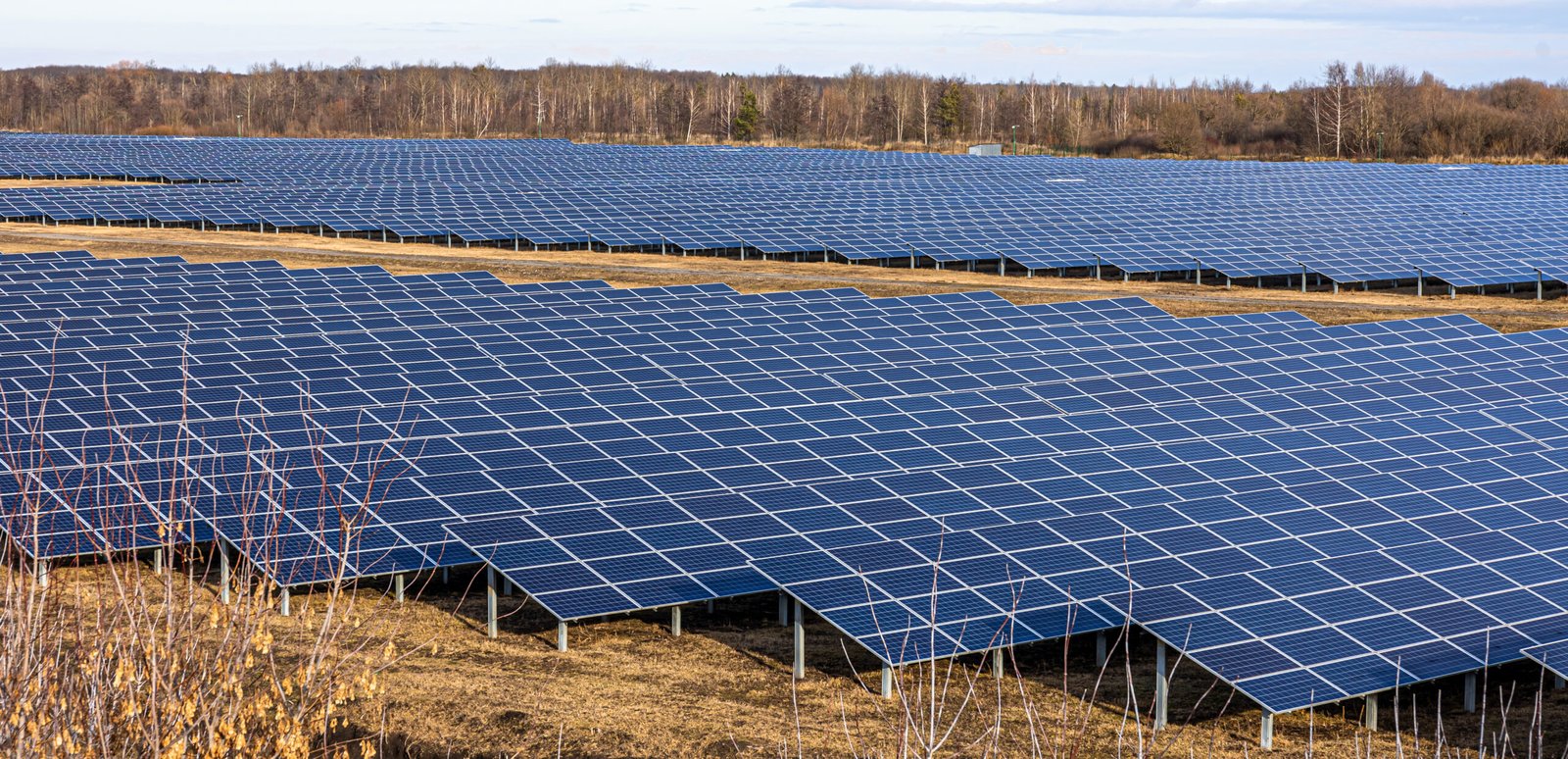As the global push towards renewable energy intensifies, solar energy continues to emerge as a leading solution for sustainable power. One of the key factors influencing the adoption of solar technology is the price of solar energy panels. Understanding the cost dynamics of solar panels is crucial for both residential and commercial stakeholders. In this comprehensive guide, we will explore the various aspects of solar energy panel prices, helping you make informed decisions about your solar investment. Solar energy panel prices have seen significant changes over the years, influenced by technological advancements, market demand, and governmental policies.
Factors Affecting Solar Energy Panel Prices
Several factors contribute to the variation in solar energy panel prices:
- Panel Type: There are different types of solar panels including monocrystalline, polycrystalline, and thin-film panels. Monocrystalline panels tend to be more expensive due to their higher efficiency and longevity.
- Panel Efficiency: Higher efficiency panels convert more sunlight into electricity, but they also come with a higher price tag. The efficiency rating of the panel can greatly affect its overall cost.
- Brand and Quality: Renowned brands may charge a premium for their panels due to their reputation for quality and performance. Investing in a well-known brand can sometimes offer better long-term value.
- Installation Costs: Installation costs can significantly impact the overall cost of setting up a solar power plant. However, by choosing an efficient and cost-effective provider like Freyr Energy, you can reduce installation costs and help make your solar power project more affordable. The price of solar panel installation can significantly affect the overall cost. Installation prices vary depending on the complexity of the installation, the size of the system, and regional labor rates.
- Government Incentives and Rebates: The Indian government has played a pivotal role in promoting solar energy through various incentives and policies. The Ministry of New and Renewable Energy (MNRE) has introduced schemes like the Solar Rooftop Programme and the Pradhan Mantri Kisan Urja Suraksha Evam Utthaan Mahabhiyan (PM-KUSUM). Many governments offer incentives and rebates to encourage solar adoption. These financial incentives can lower the initial cost of solar panels and improve the return on investment.
Average Solar Energy Panel Prices by Type
- Monocrystalline Panels: Known for their high efficiency and sleek appearance, monocrystalline panels typically cost between Rs 14– Rs 25 per watt. They are an excellent choice for space-constrained installations due to their higher energy output.
- Polycrystalline Panels: Slightly less efficient than monocrystalline panels, polycrystalline panels are more affordable, ranging from Rs 18 – Rs 27 per watt. They offer a cost-effective solution for larger installations.
- Inverter Costs: Rs 15,000 – Rs 58,000 per kW
- Mounting Structure Costs: Rs 12,000 – Rs 33,000 per kW
- Installation Costs: Rs 5,000 – Rs 30,000 per kW
Cost of Solar Panel Systems
The cost of solar panel systems in India in 2024 can vary depending on a number of factors, including the size of the system, the type of panel, the installation complexity, and the location:
- System size: A 1 kW solar system can cost between Rs. 75,000 and Rs. 85,000, while a 2 kW system can cost between Rs. 1,20,000 and Rs. 1,50,000, and a 3 kW system can cost between Rs. 1,65,000 and Rs. 2,10,000.
- Panel type: Monocrystalline panels are more efficient than other types of panels, but they can also cost more per watt.
- Installation complexity: The shape of your roof can impact the number of panels you need and how difficult they are to install. For example, gabled roofs with high peaks can be difficult to navigate.
- Location: The cost of solar panels can vary by location.

Cost Breakdown:
As of 2024, the average cost of installing a home solar panel system in India can vary widely, ranging from INR 0.8 lakh to INR 5 lakh or more as per government standards.. Let’s break down these costs to understand the distribution of expenses.
- Solar Panels:
- Solar Panel cost is a significant portion of the overall expenditure. High-efficiency monocrystalline panels can cost more per watt compared to polycrystalline or thin-film options.
- On average, the cost of 1 kw solar panels can range from INR 14,000 to INR 25,000, depending on the wattage and type.
- Inverters:
- Inverters contribute to the cost, with micro inverters being more expensive than string inverters.
- The cost of inverters can range from INR 15,000 to INR 58,000 or more, depending on the type and capacity.
- Mounting Structures:
- Ground-mounted systems are generally more expensive than rooftop installations.
- The cost of mounting structures can range from INR 12,000 to INR 33,000, depending on the complexity and type.
- Batteries (Optional):
- Batteries, if opted for, add an extra layer of cost to the installation.
- The cost of batteries can vary widely, ranging from INR 20,000 to INR 1 lakh or more, depending on capacity and brand.
- Government Subsidies and Incentives:
- Government subsidies and incentives can significantly offset the installation cost, like the solar rooftop subsidy scheme by govt. of india.
- Subsidies can cover 40% to 65% of the total cost, depending on the region and the specific scheme.
- Installation Charges:
- Installation charges cover labor and miscellaneous expenses.
- On average, installation charges can range from INR 5000 to INR 30,000, depending on the complexity of the installation.
Comparing Solar Panel Prices: Residential vs. Commercial
Generally, commercial solar systems have higher initial costs but less expense per watt. Commercial systems are likely more costly per panel than residential systems because of their larger dimensions and greater storage capacity.
- Price Range: Residential solar panels typically range from Rs 20– Rs 25 per watt.
- Factors Influencing Cost: In residential settings, factors like the complexity of the installation, the type of roof cover, the height of the building, the steepness of the roof, the scale of the purchase, and additional costs like underground trenching contribute to the overall system cost.
- Incentives and Rebates: Householders can offset these costs through various incentives, such as the State Governmnet and Central Government.
Commercial Solar Panel Costs
- Price range: As per the industry standard, the cost of solar panels in India can range from Rs 14- Rs18 per watt.
- Factors Influencing Cost: This price difference primarily reflects the economies of scale. Larger commercial installations purchase more equipment and can spread the installation and labor costs over a larger system, reducing the cost per watt.
- Incentives and rebates: Commercial solar installations benefit from multiple financial incentives that help offset the installation cost. Key among these are the tax benefits in terms of accelerated depreciation, which provide substantial tax savings. The USDA REAP Grant also helps rural businesses recoup much of the installation cost.

Financing Options for Solar Energy Panels
Several financing options can help make solar energy panels more affordable:
- Solar Loans: These are specialized loans for purchasing solar panel systems, allowing you to pay for the system over time.
- Leasing and Power Purchase Agreements (PPAs): Leasing options let you install solar panels with little to no upfront cost, while PPAs involve purchasing electricity generated by the solar system at a fixed rate.
- Cash Purchase: Paying upfront for a solar panel system can often offer the best return on investment through savings on electricity bills and tax incentives.
- Solar leases: Similar to leasing a car or house, solar leases allow you to rent solar panels and use the electricity they produce. The monthly lease payment is often less than what you’d pay for the same amount of electricity from your utility company.
Long-Term Cost Savings
Long-term cost savings are important for a business to improve its sustainability, competitiveness, and profitability. Some examples of cost savings include: Reduced operating expenses, Reduced costs of goods sold, Lower overhead costs, Increased revenue, and Reduced transaction costs. Investing in solar energy panels can result in substantial long-term savings. By reducing or eliminating your electricity bills, solar panels provide a strong return on investment. Additionally, with solar energy becoming increasingly affordable, the payback period for solar panel systems is shorter than ever.
Future Trends in Solar Energy Panel Prices
By 2025, solar panels are expected to be more affordable and efficient, making solar energy an increasingly attractive option for consumers and businesses alike. Lower costs will not only enhance adoption but also bring significant economic, environmental, and energy security benefits. Looking ahead, several trends are expected to influence solar energy panel prices:
- Technological Advancements: Innovations in solar technology may lead to higher efficiency and lower costs.
- Increased Competition: As more companies enter the market, increased competition may drive prices down.
- Government Policies: Continued support from governments through incentives and rebates can make solar panels more accessible to a broader audience.
Conclusion
Solar energy panel prices in 2024 reflect a dynamic and evolving market. By understanding the factors influencing these prices and exploring different options, you can make informed decisions about investing in solar technology. Whether for residential or commercial use, solar panels offer a sustainable and cost-effective solution for energy needs. As prices continue to evolve, now is an excellent time to consider making the switch to solar energy.
For more information on solar energy panels and to get a personalized quote, contact us today. Explore the benefits of solar power and join the movement towards a greener future!
